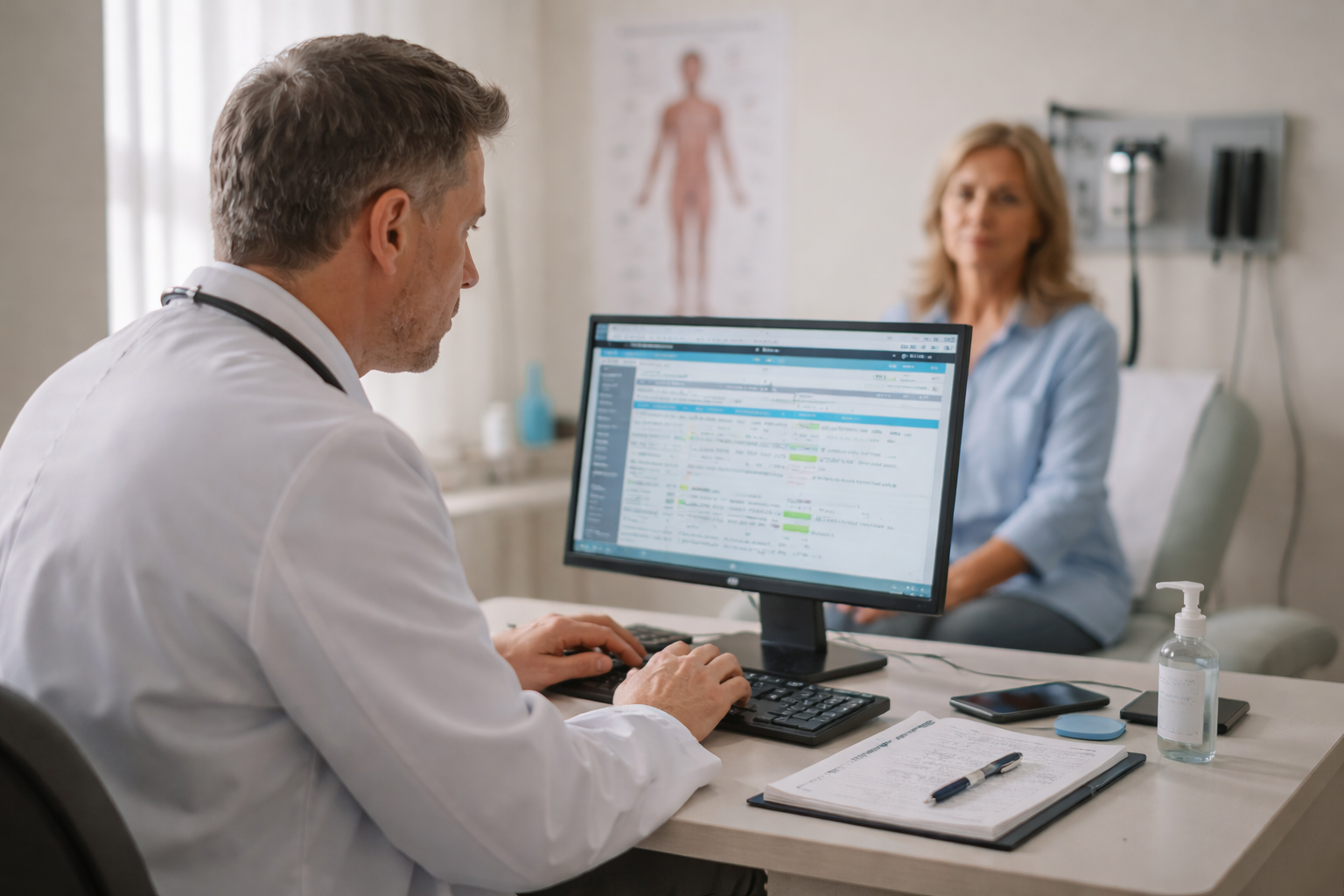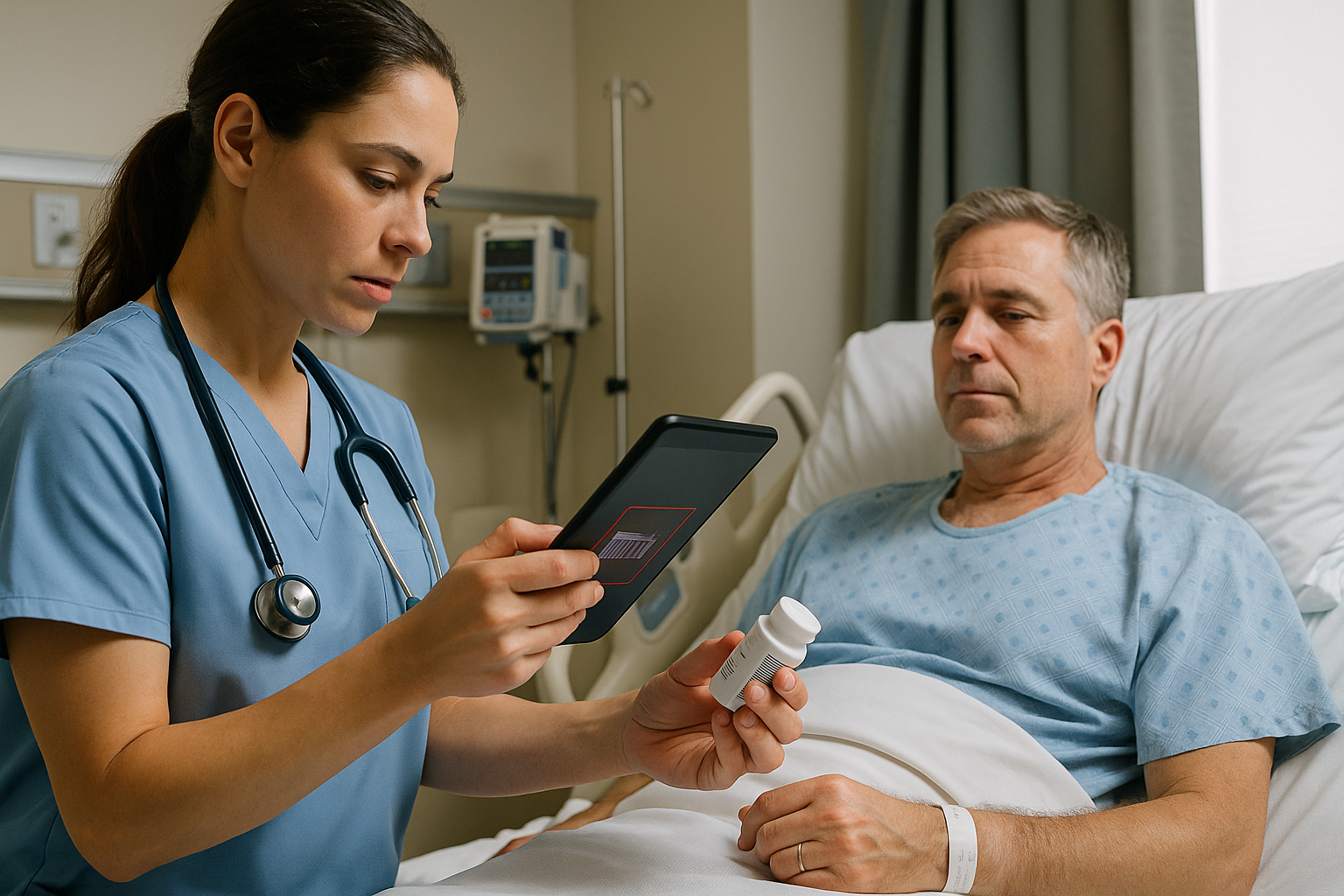The widespread implementation of electronic health record systems (EHRs) is having a transformative effect on the delivery and efficacy of health care globally.
In the United States, the health care community has demonstrated that EHR adoption leads to both improved patient outcomes and improved quality of care. Access to reliable and accurate patient health information is the key determinant in achieving these outcomes. Globally, EHR adoption is steadily increasing, providing the entire public health workforce with unparalleled access to this cutting-edge technology.
The intrinsic benefits of adopting an EHR system include:
- reduced costs
- alignment with clinical best practices
- improved patient outcomes
- increased access to and quality of services
All of which support global health initiatives.
Through the use of EHRs and their built-in clinical decision support systems (CDSS), health organizations are better able to monitor, diagnose, and treat the endemic diseases of their patient populations as well as advance the eradication of diseases.
Let’s look at a few of the key ways EHRs are impacting global health.
EHR Systems Improve Clinical Practices and Public Health Monitoring
Advanced EHRs allow for monitoring and reporting on entire populations of patients. By collecting, structuring, and analyzing patient data, providers can identify trends and improve clinical practices for distinct patient groups. Laboratory results, immunization registries, prescription frequencies and more can all be readily analyzed in order to drive the development of best practice protocols and the improvement of clinical outcomes.
This aggregated information offers a comprehensive view of patient care: Providers can compare their care delivery against their peers, alerting them to potential gaps in care and providing an avenue for improving clinical decision making and enhancing provider coordination.
This aggregated information also offers a more expansive view of the health of the entire population: Patients can be tracked based on specific conditions, medication usage, potential candidacy for certain preventative measures, and more. With advanced EHRs, health professionals can identify and analyze patterns found within the population and improve overall public health.
EHR Systems Strengthen Communication Among Health Care Providers & Public Health Officials
EHRs enable health care facilities to expand communication and collaboration with public health officials. The data shared can assist in making informed decisions on how to better allocate resources, further policy decisions, and potentially prevent disease. This enhanced information exchange is playing an increasingly vital role in examining, controlling, and even avoiding large-scale health concerns
By providing public health officials with complete and accurate analyses of population health, the likelihood of accountable and informed decision making during public health crises increases and the ability to mobilize resources rapidly in response to emergent disease threats can be enhanced. These trends will continue to shape public policy on how to respond to national health issues and emergencies well into the future.
EHRs can also be developed in a way that supports and enhances public health surveillance. Readily available computer algorithms can be used to identify and automatically report specific epidemiological findings to public health agencies. This facilitates surveillance for common chronic diseases, like heart disease and reproductive health, that are not determined solely by lab tests, but more commonly through clinical criteria recorded in EHRs.
EHRs Can Enhance the Ability to Tackle Two of the Biggest Global Health Concerns: Disease & Antimicrobial Resistance
The enhanced ability to report on entire populations of patients can help quickly identify dangerous disease outbreaks and treatment-related risks so that proactive care can be coordinated, and incidents can be managed in a timely and effective manner. An EHR allows public health officials real-time access to crucial data, such as immunization registries and identified transmission routes, in order to develop protocols and quickly advance vector controls and outbreak investigations.
A recent study published in Infection Control & Hospital Epidemiology highlighted the efficacy of data mining EHRs to prevent additional cases of disease transmission during an outbreak. Their study examined the data of 9 hospitals between 2011 and 2016 and determined that mining EHR data in real time could have identified the correct disease transmission routes and prevented numerous additional infections.
Not only can the widespread adoption of EHR systems assist health professionals during a disease outbreak, they can also be a proactive first-line of defense in preventing such outbreaks and associated infections from occurring in the first place.
An advanced EHR system can quickly and easily:
- assist care providers with appropriate clinical protocols
- provide information on needed patient immunizations
- facilitate patient reminders for follow-up or preventative care
In the future, widespread adoption of EHRs will also assist in providing insight on prescription medication administration trends and the factors that drive the emergence of drug-resistant infections and antimicrobial resistance, such as multi-drug resistance tuberculosis (MDR-TB).
Electronic Health Records: Changing the World
Electronic health record systems have become fundamental to the advancement of global health. And their meaningful use is a key strategy for improving clinical decision making, streamlining patient management, expanding public health surveillance, and improving care delivery. As the capabilities of health information technology (HIT) continue to advance, so too the positive impacts on global health will continue to advance and be felt across the world.
HarmoniMD™ is dedicated to improving global health by providing easy-to-use technology at an affordable cost. To learn more about HarmoniMD and explore how an advanced EHR system can transform your organization through improved care coordination, decision making, and overall better health care, please contact us today!
Sundermann, A., Miller, J., Marsh, J., Saul, M., Shutt, K., Pacey, M., . . . Harrison, L. (n.d.). Automated data mining of the electronic health record for investigation of healthcare-associated outbreaks. Infection Control & Hospital Epidemiology, 1-6. doi:10.1017/ice.2018.343



